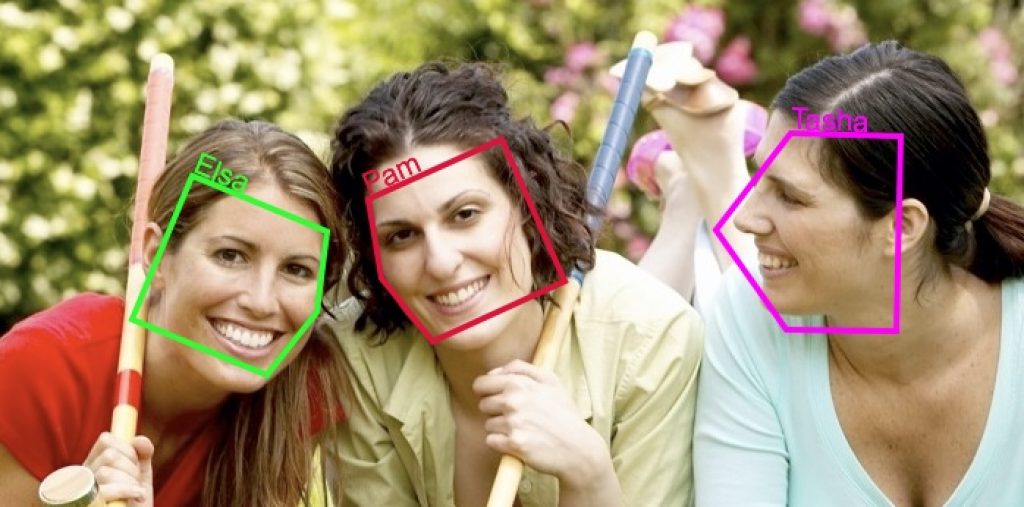As yesterday's post noted, embedded vision applications are rapidly broadening their reach beyond historical niches into widespread-adoption areas. Sometimes, this expansion occurs with the enthusiastic support of those being affected by it. Other times, though, the reaction isn't quite as sanguine. Such is the seeming case with facial recognition, which is the topic of an informative (albeit somewhat sensationalist) short writeup in the new issue of The Economist. The article's title is 'Anonymous no more', with the subhead 'You can’t hide—from anybody', and here's one particularly prescient paragraph:
Could such technology [editor note: facial recognition] soon be used by anyone at all, to identify random passers-by and unearth personal details about them? A study which is to be unveiled on August 4th at Black Hat, a security conference in Las Vegas, suggests that day is close. Its authors, Alessandro Acquisti, Ralph Gross and Fred Stutzman, all at America’s Carnegie Mellon University, ran several experiments that show how three converging technologies are undermining privacy. One is face-recognition software itself, which has improved a lot. The researchers also used “cloud computing” services, which provide lots of cheap processing power. And they went to social networks like Facebook and LinkedIn, where most users post real names and photos of themselves.
I commend the entire article to your inspection. It showcases how a technology originally implemented in high-cost, focused-use surveillance systems has now gone mainstream, for both better and worse.
Speaking of Facebook, the other day I uploaded a few pictures I took during the two-weeks-back Tahoe Rim Trail 50K (yes, I carried a compact point-and-shoot with me) to my Facebook account. I was surprised to be subsequently prompted to confirm that Facebook had correctly pre-tagged individuals in some of the shots. Come to find out, the company had begun widely rolling out Tag Suggestions in June, expanding on a limited-user trial that began the prior December. As with many prior Facebook service expansions, this new 'feature' was enabled by default in users' accounts, although they could subsequently disable it if they wished. Nonetheless (and, I'd argue, understandably so), many of Facebook's ~600 million account holders were upset that they could be automatically identified in images posted by their 'Friends', with subsequent access rights to those images ranging all the way to 'everyone' (including non-Facebook account holders).
Google, no stranger to privacy complaints, surprisingly seems to agree with Facebook users' concerns…or maybe not. Back in mid-May, executive chairman Eric Schmidt had reiterated that the company would not be building a facial recognition search system, noting that the "surprising accuracy" of facial recognition technology is "very concerning." One month earlier, the company had admitted that it had internally augmented Google Goggles with facial recognition capabilities but had no plans to publicly release the enhanced app version, citing privacy concerns. Yet, just a few weeks ago, Google launched the Facebook-targeting Google+ social networking service. And just a few days ago, Google acquired a seven-year-old facial recognition company called Pittsburgh Pattern Recognition (aka PittPatt). Will Google sooner or later revise its recent no-recognition position? Only time will tell.


